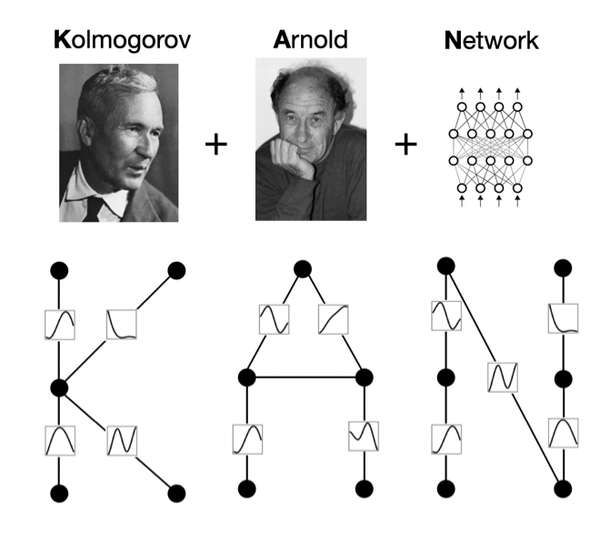If you like our work, please consider supporting us so we can keep doing what we do. And as a current subscriber, enjoy this nice discount!
Also: if you haven’t yet, follow us on Twitter, TikTok, or YouTube!
Gödel’s first incompleteness theorem is a fundamental result in mathematical logic that states that any formal system that is powerful enough to describe natural numbers is necessarily incomplete. In other words, there are true statements about the natural numbers that cannot be proved within the formal system.
The theorem is named after Kurt Gödel, who first proved it in 1931. It is often considered to be one of the most important theorems in the history of mathematics.
The theorem has important implications for the foundations of mathematics. It shows that the formal axiomatic systems that are used to describe the natural numbers, such as Peano arithmetic, are necessarily incomplete. This means there are true statements about the natural numbers that cannot be proved within these systems.
The theorem also has important implications for the philosophy of mathematics. It shows that the formal systems that we use to describe the world are necessarily incomplete. This means there are true statements about the world that cannot be proved within these systems.
The theorem has been generalized to other formal systems, such as set theory and first-order logic.
Explain like I am five
Godel's theorem is a fancy way of saying that some things in math are true, but we can't prove them using the normal rules of math.
It's like if you have a bunch of LEGOs and you want to know if you can make a house out of them. You can try different ways of building it, but eventually, you'll run out of LEGOs or you'll run out of ideas of how to build it. But that doesn't mean that you can't build a house out of LEGOs, it just means that there's no way to know for sure using the LEGOs that you have.
Godel's theorem is the same thing, but for math. There are some true things in math, but we can't prove them using the normal rules of math. That doesn't mean that they're not true, it just means that we don't have a way of knowing for sure.
Follow the below mentioned resource to understand it better:

Do you like our work?
Consider becoming a paying subscriber to support us!










